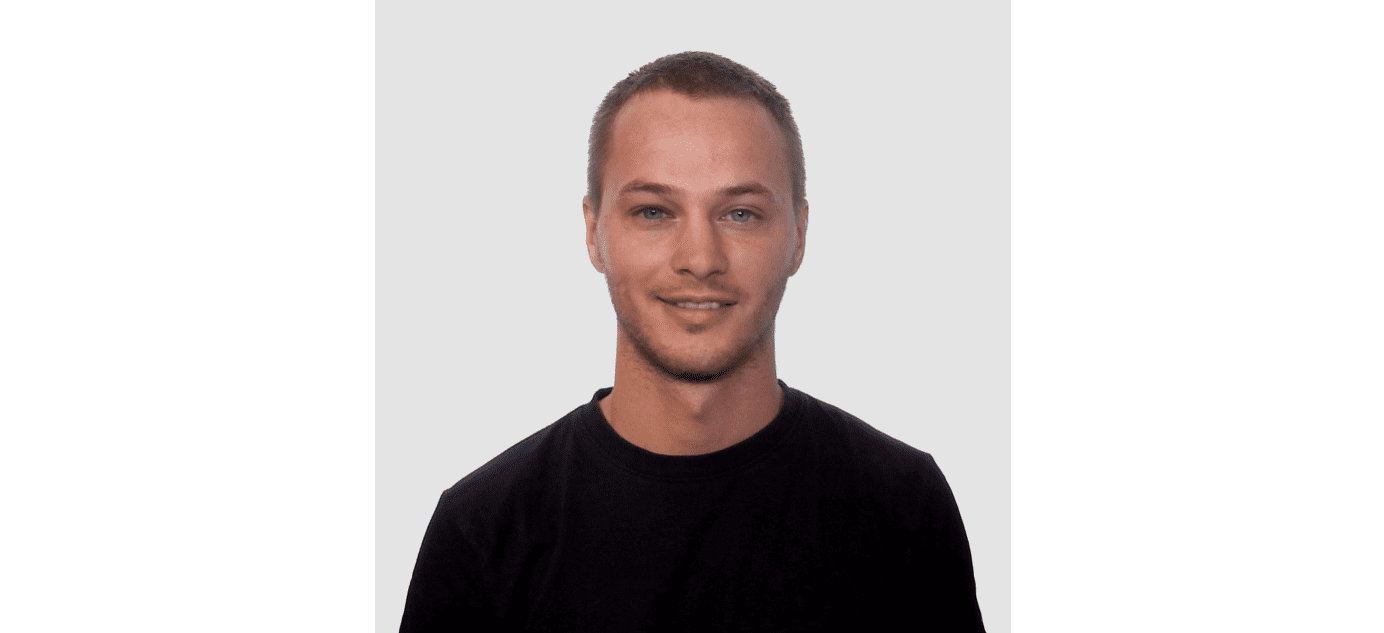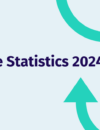
We interviewed Chris Whitehead of Seek UK, who are a not-for-profit organisation, helping refugees to find work in the UK.
Hi Chris! To start off, how was Seek UK founded, and what made you set up the company?
Completely by chance really. The idea started back in April 2017 when one weekend I bumped into a Syrian guy called Sharif who had just been granted his refugee status. However, 28 days later he had been kicked out of his social housing. He was basically on the street in London and he asked me for change. I got chatting to him and he was just a really personable, lovely guy, who was obviously very smart and didn’t really belong on the street. I just remember feeling that it was weird.
So, I took his number and gave him a call the next day. He told me his skills, qualifications and experience. I wrote them down in a CV, then took the CV to some electrical stores near where I met him. He was an electrician in Syria and I found a place that would interview him. I gave him some terrible, terrible interview practice but he got the job!
A few months later, he was on his feet and moving into a flat. I told a couple of friends about it and they were like, “Oh, we should do this again”. So, we did. We volunteered for a few months, and then we realised that there were quite a lot of employers that want to hire refugees, but there wasn’t one place that they could do it.
We decided to build a job platform and we got a small amount of funding from this company called UNLTD in early 2018. We built the platform, ran it alongside our full time jobs for a year and a half and then got funding to go full time in July this year (2019).
Tell us a bit about Seek UK and the services that you provide for refugees.
Sure! Seek is a social enterprise which helps refugees find work through our online job platform. Refugees sign up and we give them CV help, job seeking advice and interview practice – all for free.
For employers, the platform is a great place to find hidden talent, increase diversity and also just fulfil CSR objectives. It is a job platform as I say, so it works like any other job platform would. An employer signs up, posts a job that they’d like to hire a refugee for, then people can apply with our help. We help them with their CVs and cover letters and then the employer can interview and hire them.
We’re a social enterprise so we’re fully not-for-profit, so 100% of the money that we earn goes back into the business and at the moment we’re grant funded. But, the business model is that we take a small fee per placement from the employer and that’s so that we can still exist in 10-20 years time and also so that we can scale and help as many people as possible.
What would you say are the biggest struggles that refugees face today?
There are loads. If we’re talking about refugees that are in the UK and have been granted refugee status, and if we’re talking about employment specifically, there are several small barriers. Some of the big ones, like writing a CV is such a niche skill, especially if your English isn’t word perfect yet. So how people can get over those sorts of barriers is really important.
People from some different cultures aren’t used to taking about themselves in job interviews and aren’t used to “big-ing” themselves up for an hour. We find that that’s why interview practice is really helpful because it gets people to come out of their shells and really sell themselves.
Another big problem is that some professional qualifications or qualifications in general aren’t recognised in the UK. You could have done an MBA at the University of Yemen or the University of Iran in Tehran and often employers won’t recognise it. You could have done an accountancy qualification, a professional qualification in Ethiopia and you could have been an accountant for 20 years but it’s not recognised by accountancy firms in the UK.
But, then there’s also so many other things, like not having a network of people to talk to when you first come over here and a general lack of experience in UK office environments, because employers tend to look for that on people’s CVs. If they can’t see they’ve got any relevant experience in the UK on a person’s CV, they tend to turn their nose up. Unless, they know that they are a refugee, which is one of the things that we try to help employers understand, because obviously if you’re new to the UK, you’re not going to have any UK office experience.

What benefits would a company gain when employing a refugee?
There’s so many. There are things around diversity and CSR (Corporate Social Responsibility), but the main thing that we lean on is the business case reasons. As I kind of alluded to, refugees tend to come over with loads of skills and experiences that are really useful and they’re just massively underutilised. So, by employing refugees you can essentially tap into talent pool, and there’s studies that show that refugees tend to be really loyal employees, so their turnover rates are lower than other employees.
There’s also another study showing that refugees tend to be more productive than other employees. You can come across people with very diverse experience, and backgrounds. Lastly, it’s a benefit for the company to be socially responsible and to be able to market themselves as a “refugee-friendly” company.
And what changes do you expect to see in the future with regards to refugees finding work?
Depends what the Government does! The Government made a couple of announcements recently, which haven’t been great for lots of refugees that are settling in the UK. The landscapes changing quite a bit and I think possibly because of that, there’s even more of a place for the third sector to try and fill that void.
It’s really important that charities and social enterprises are there to pick up the slack. But then within that, I think it’s really important that charities and social enterprises are able to work together coherently. There are a lot of amazing companies doing awesome things, but sometimes it can be a bit granular and disjointed. It’s about the whole community trying to get together and help people so that we can provide the best possible support that we can.
I think more on the employer’s side, there’s this real feeling that more and more employers are realising the benefits of having great diversity in your company and then not just paying a lip service, they really believe it. One of the things that they’re realising is that hiring people through more conventional methods wasn’t such a great way of creating that diversity. Employers are now looking to hire people through less conventional methods and I think the refugee population and Seek is a great way of doing that. I think we might actually see a shift where more and more employers are open to hiring refugees. That’s my hope.
Why do you think it’s so important to have diversity and inclusion in the workplace?
All the studies are showing that it increases productivity; it’s good for innovation, it’s good for employee happiness at work and wellbeing. Anecdotally, you can see how that would be true if lots of people are approaching things from different angles, it’s obviously very clear that you’re going to get a more comprehensive outcome.





